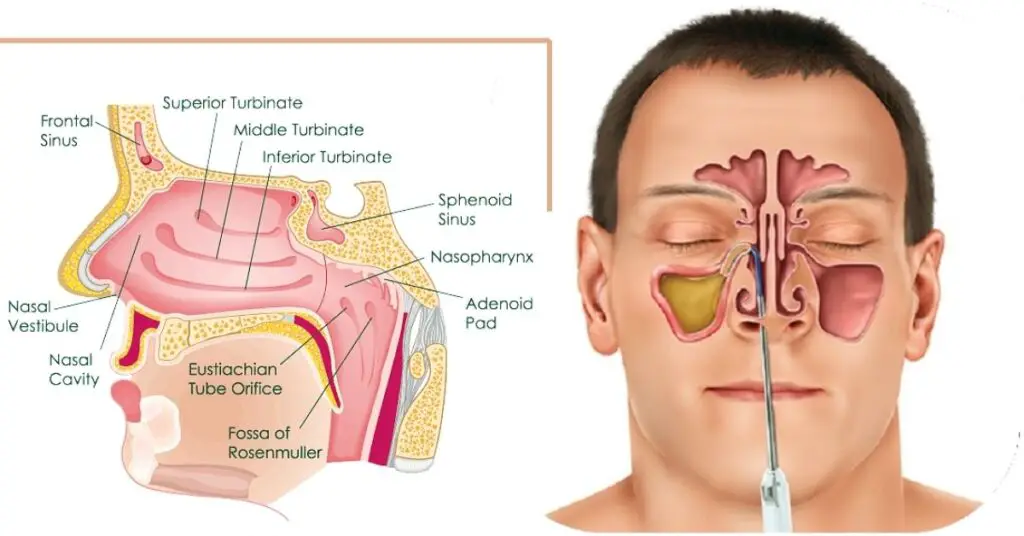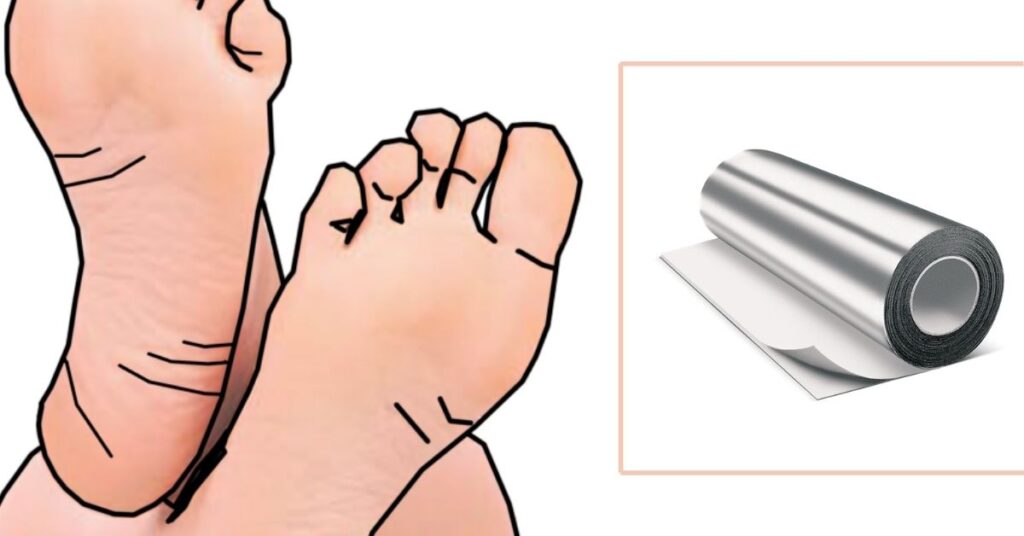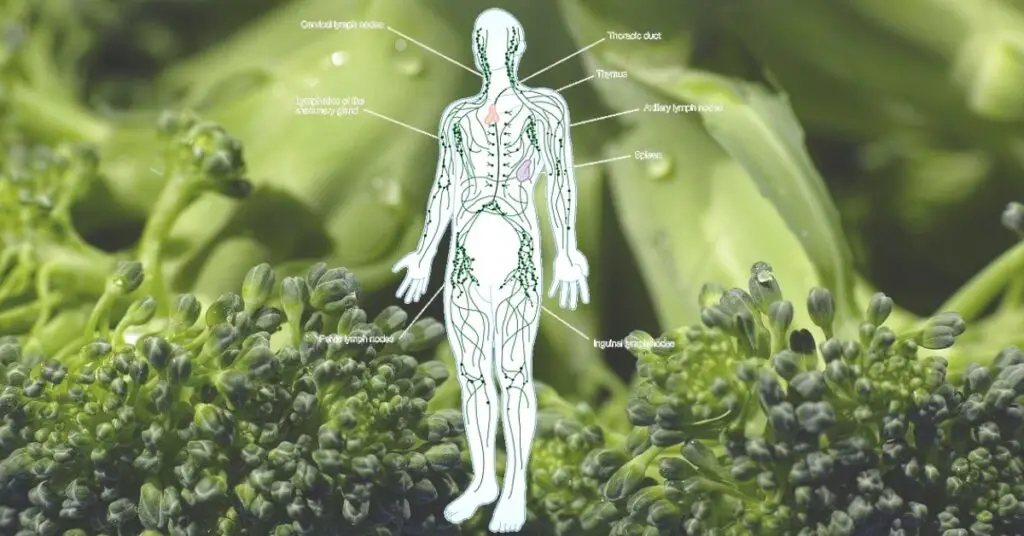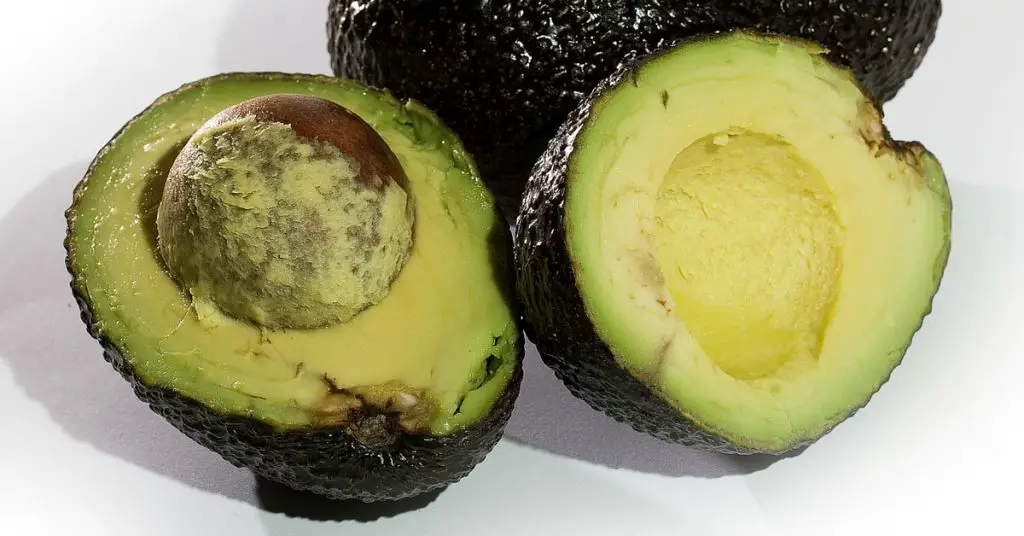We all know that fiber is important for our digestion, but how much fiber do we exactly need? FDA guidelines recommend 20-30 gr. of fiber per day, but most Americans rarely eat that much. This shouldn’t be surprising. Our diet consists of refined foods, which means that we rarely digest the real fiber – the indigestible part of plants.
In order to digest it, we must eat whole fruits, vegetables, nuts, and seeds. In order to make up for the recommended amount of fiber, most people add cereal and bran muffins to their diet. This is a big mistake which causes big problems which we’ll talk more about.
Why is Fiber so Important?
Everyone knows that fiber is the key nutrient for proper digestion. But why is it like that? What precisely does it do? Fiber is important for our gut health, but our body can’t just digest it with ease. Soluble fiber found in cucumbers, beans, blueberries, and nuts can help slow down digestion. By slowing it down, it effectively makes you feel full for longer.
On the other hand, insoluble fiber found in dark leafy greens, celery, carrots, and green beans, doesn’t dissolve in our bodies at all. It adds bulk to our stool and helps the food we eat move through our digestive tract. Fresh fruit and vegetables contain both types of fiber and that’s why they’re great for our health.
As you can see, both soluble and insoluble fiber play a role in optimal gut health. Below you can find the top health benefits of fiber and learn why you need to add more of it to your diet.
Health Benefits of Fiber
Regulates Digestion
The main health benefit of fiber is that it can regulate our digestion. In this way, it can manage our weight and help keep us full, which is essential for proper weight loss. Of course, it’s not a miracle compound that will help you shed pounds. To lose weight, you need more of it, but that only goes for healthy sources of fiber, not cereal and bran muffins.
Improves Heart Health and Reduces the Risk of Stroke
There’s a direct link between proper heart health and regular fiber consumption. According to research, people who eat a high-fiber diet have 40% less risk to suffer from heart disease. Studies have also found that fiber can significantly reduce the risk of stroke. That’s most likely because it improves our heart health.
Great for IBS Patients
If you’re suffering from irritable bowel syndrome (IBS), fiber may provide relief. Of course, you’ll need to be careful about what you eat too, not just stick to a high-fiber diet.
Improves Skin Health
Proper fiber consumption will make your skin glow. The fiber found in psyllium husk can help the body get rid of yeast and fungus and prevent their elimination from our skin which will keep it elastic and healthy.
Relieves the Risk of Kidney Stones
Studies have found a link between high-fiber diets and the risk of kidney stones and gallstones. Fiber can regulate the production of blood sugar, effectively reducing the risk of kidney stones.
Healthy Sources of Fiber
If your gut is generally healthy, you should aim for over 30 gr. of fiber per day – 32 gr. seems to be the optimal for most people. If you want to add fiber to your diet but you don’t know what sources you should seek, the table below can help.
| Vegetables | Fruits | Nuts and Seeds |
| Green beans | Berries | Almonds |
| Peas | Apples | Flax and chia seeds |
| Cauliflower | Bananas | Psyllium husk |
A Low-Fiber Diet Can Improve Your Gut Health
If you’re suffering from problems with your gut, a low-fiber diet may help. Chronic digestive problems such as flatulence, diarrhea, acid reflux, and leaky gut syndrome and food allergies can all benefit from the GAPS program. This stands short for Guts and Psychology Syndrome and the first part says that you should remove fiber from your diet as it feeds microbes.
As mentioned earlier, our digestive system is not optimized for fiber digestion. Most of the fiber we consume ends up undigested in our bowels that can destroy the healthy gut microflora. If the gut flora is destroyed by yeast, fungi, and pathogenic bacteria, fiber may make your symptoms worse. Most people suffering from GAPS have a gut overloaded with pathogens which requires a low to no-fiber diet.
Of course, you shouldn’t just flat out quit it. Instead, you can adopt a low-fiber diet in this case to make the symptoms go away. This is only for a short time. As long as the pathogens are eliminated, you can go back to consuming fiber.
You won’t lose anything by trying it and you stand to gain a lot, so if you suffer from the aforementioned symptoms, a low-fiber diet is the way to go.








